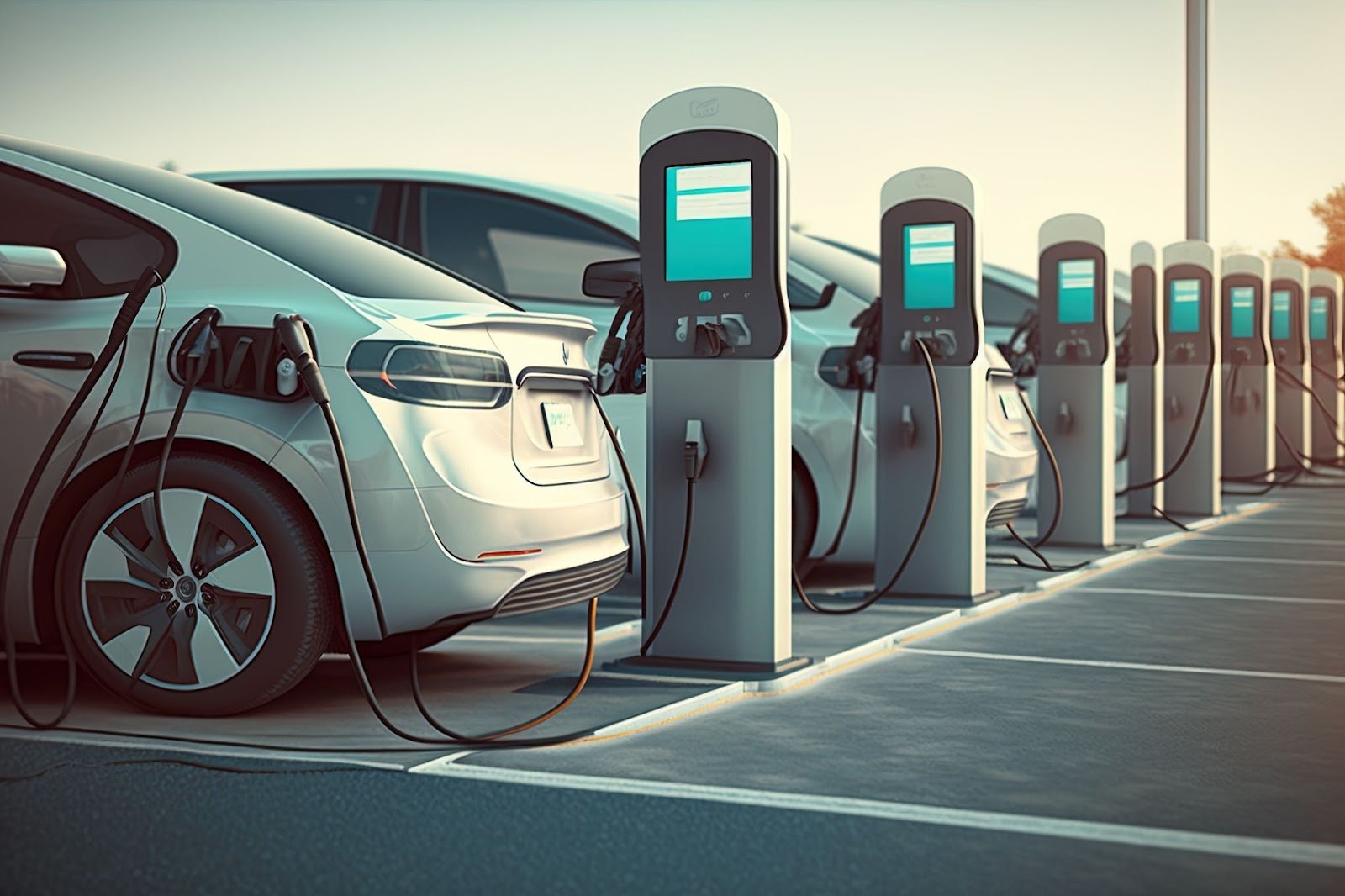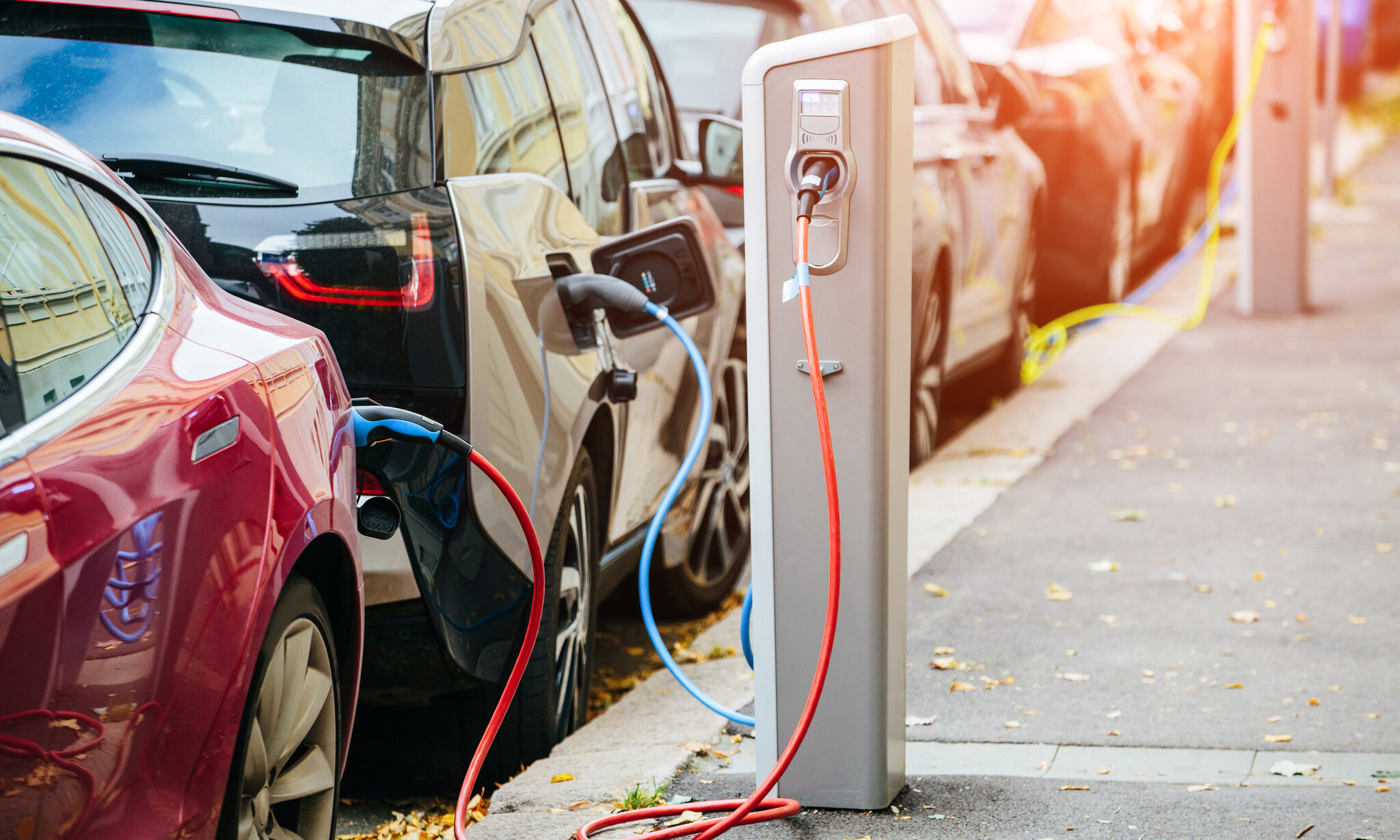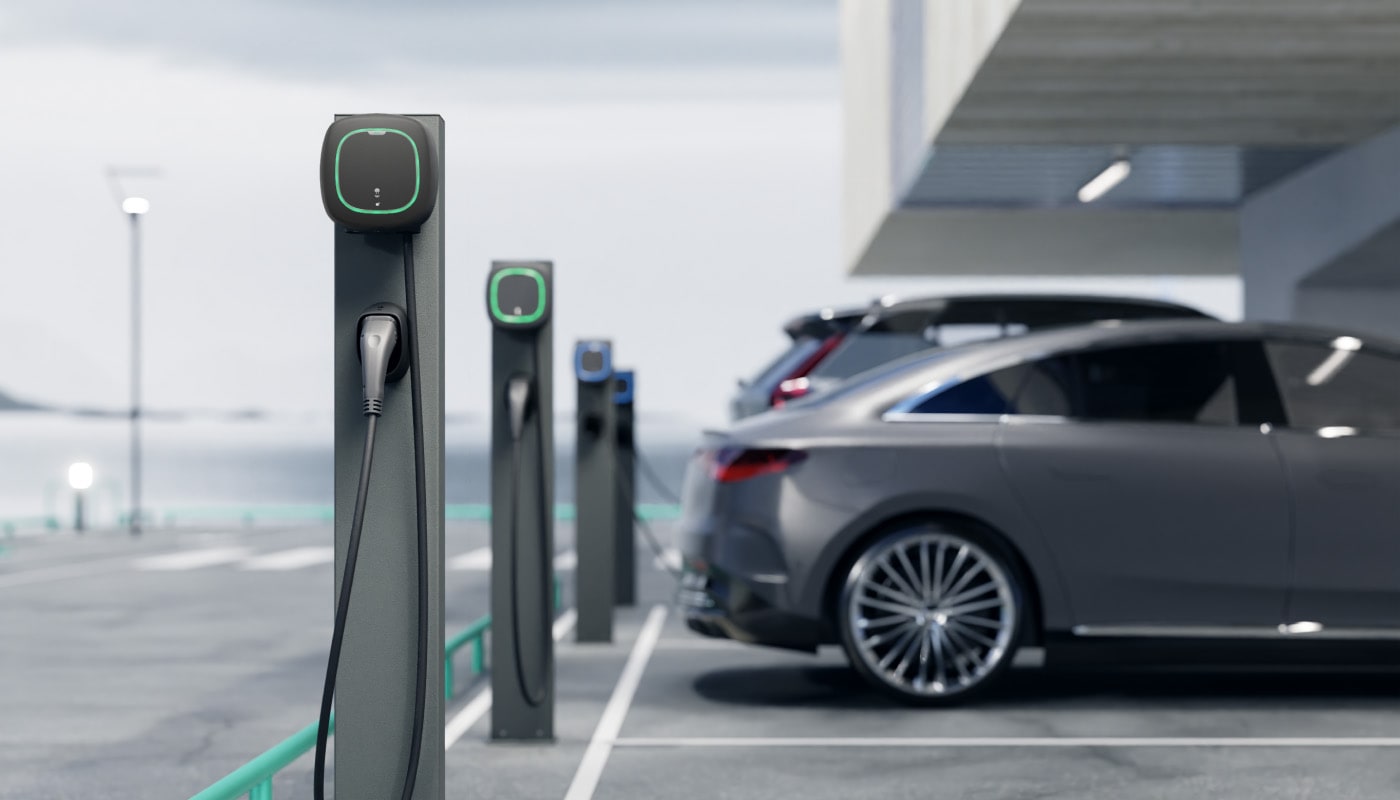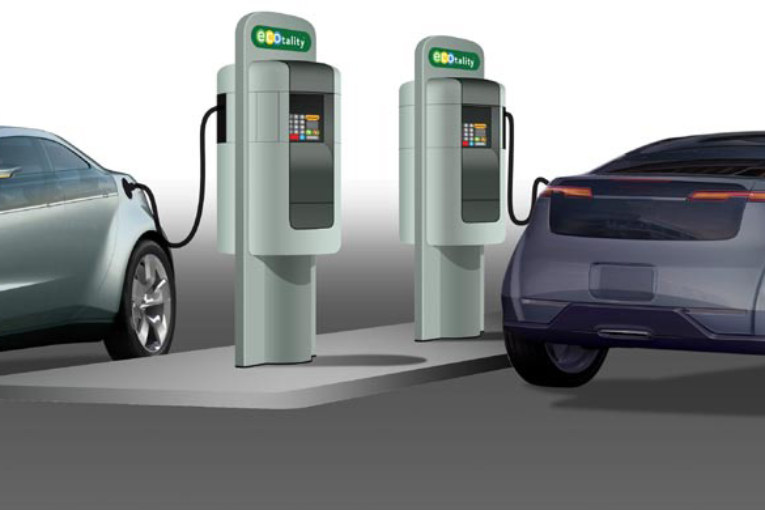How to Choose the Best Business Electric Car Charger? The number of electric vehicles (EVs) on the road is growing rapidly, and businesses are taking notice. In fact, a recent study by the Pew Research Center found that 60% of businesses believe that offering EV charging stations will be important to their future success.
If you’re considering installing EV charging stations at your business, there are a few things you need to keep in mind. Here are a few tips on how to choose the best business electric car charger:
Consider the needs of your employees and customers.
The first step is to figure out how many EV charging stations you need and what type of chargers you should install. If you have a large number of employees who drive EVs, you’ll need to install more chargers than if you only have a few employees with EVs. You’ll also need to consider the needs of your customers. If you have a lot of customers who drive EVs, you’ll need to make sure that you have enough chargers to accommodate them.
Choose the right location for your chargers.
The location of your EV charging stations is important. You’ll want to make sure that they’re easy to find and access. If you have a large parking lot, you may want to install chargers in different areas of the lot. You may also want to consider installing chargers near your business’s entrance.
Read too: Unveiling the Innovative Features of the Byd Dolphin Electric Car: Diving into the Future
Select the right type of charger.
There are three main types of EV chargers: Level 1, Level 2, and Level 3.
- Level 1 chargers are the slowest type of charger. They can only add about 2-5 miles of range per hour. Level 1 chargers are typically used for overnight charging at home.
- Level 2 chargers are faster than Level 1 chargers. They can add about 10-20 miles of range per hour. Level 2 chargers are typically used for workplace charging or public charging.
- Level 3 chargers are the fastest type of charger. They can add about 60-80 miles of range in 20 minutes. Level 3 chargers are typically used for fast charging on long road trips.
The type of charger you choose will depend on the needs of your business and your budget. If you have a lot of employees who drive EVs, you may want to install a mix of Level 2 and Level 3 chargers. If you’re on a tight budget, you may want to start with a few Level 1 chargers.
Get the right permits and approvals.
In most cases, you’ll need to get permits and approvals from your local government before you can install EV charging stations. The permitting process can vary from city to city, so it’s important to check with your local government early in the planning process.
Choose a reputable installer.
Once you’ve chosen the right chargers and gotten the necessary permits, you’ll need to find a reputable installer. There are many companies that install EV charging stations, so it’s important to do your research and choose a company that has a good reputation and experience installing EV chargers.
Promote your EV charging stations.
Once your EV charging stations are installed, you need to let people know about them. You can promote your chargers on your website, in your social media posts, and in your marketing materials. You can also contact local media outlets to let them know about your new EV charging stations.
Business Electric Car Charger
The cost of installing EV charging stations can vary depending on the type of charger you choose, the number of chargers you install, and the cost of labor in your area. However, the cost of installing EV charging stations is offset by the many benefits that they offer businesses.
Benefits of Business Electric Car Charger
- Attract new customers: EV drivers are looking for places to charge their cars, and businesses that offer EV charging stations can attract new customers.
- Improve employee morale: Employees who drive EVs appreciate having a place to charge their cars at work.
- Boost your company’s image: Offering EV charging stations shows that your company is committed to sustainability.
Conclusion
If you’re considering installing EV charging stations at your business, there are a few things you need to keep in mind. By following the tips in this article, you can choose the best business electric car charger for your needs.



